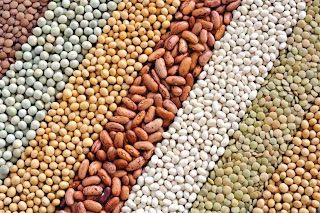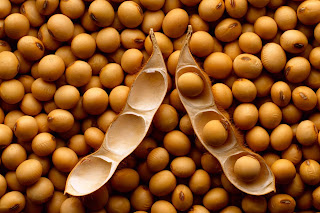Soy is one of the most versatile foods available, as well as one of the most researched in terms of its potential health benefits. To have a better understanding of this common food and ingredient, let's look at what we know at this time. Nutrition Information Soybeans are a legume, meaning their seeds grow in enclosed pods. What makes them unique from other legumes is their high protein, healthy fat and fiber content, and lower carbohydrate content. Additionally, soy is a complete plant protein containing all of the essential amino acids our bodies need. Foods made from soy include tofu, edamame (fresh soy beans), miso (a traditional Japanese seasoning made of a thick soy-based paste used in sauces, spreads, pickling, and soups), and tempeh (a cooked and slightly fermented soybean patty). Some are made with soybean extracts: soy isolate, soy protein concentrate, soy protein flours, soy milk, soy yogurt, soy-based infant formula and gluten-free breads. Meat alternatives like soy









